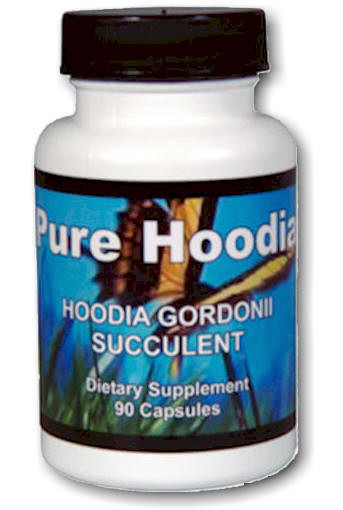February 21 – FIFA claimed today that they are concerned about players using undetectable stimulants derived from traditional African medicines that are not banned.
Michel D’Hooghe, the chairman of FIFA’s Medical Committee, told The Associated Press he wants the World Anti-Doping Agency (WADA) to analyse some African plants that could give athletes an unfair advantage.
He said: ”I have a big concern – and I can confess that.
“We were learning a lot about the traditional African medicines and we are not sure what all of these products contain.
“I think some products are not detectable.
“This makes it difficult.
“They can deliver stimulation and diuretic activity.”
D’Hooghe said he became aware of the extent of the issue at FIFA’s medical conference this weekend in Sun City ahead of the World Cup in South Africa, which starts June 11.
He said: ”We received a lot of examples, going from things that we know but also going into absolutely unknown things for me.
“If I don’t know the names, how can I know what they contain.
“This is certainly a challenge for WADA - this could be a big challenge for football because we try to live in a football world without doping.
“If we don’t have control over these specific traditional medicines, then we can’t say we have control over all the medication in football.”
In many African countries, plants provide the main source of medicine.
Umhlabelo, made of dried leaves from the Nidorella plant, can help heal bones and muscles.
The Hoodia plant is used as an appetite suppressant but also provides an energy boost.
Gurcharan Singh, a member of FIFA’s medical committee, said: “More and more Governments are legalising the use of traditional medicines, and that will compound the situation much further.”
South Africa’s team doctor Ntlopi Mogoru claimed that some African plants produced anabolic steroid effects without being picked up in anti-doping tests.
He said: ”There is no way of knowing.
“That’s where the problem is.
“In Africa, a lot of players use traditional medicines and, unfortunately because of WADA, there are no tests to detect those things and it becomes a bit of a problem for doping in the whole world.
“It’s from the players’ cultural backgrounds.
“Some cultures will believe if you take one of these traditional medicines it enhances your performances.
“Some of them might be taking this medication knowing that the side-effects enhance performances, but the primary intention was just to heal, for example, hemorrhoids.
“They can’t be detected by the tests and they are not illegal.”

